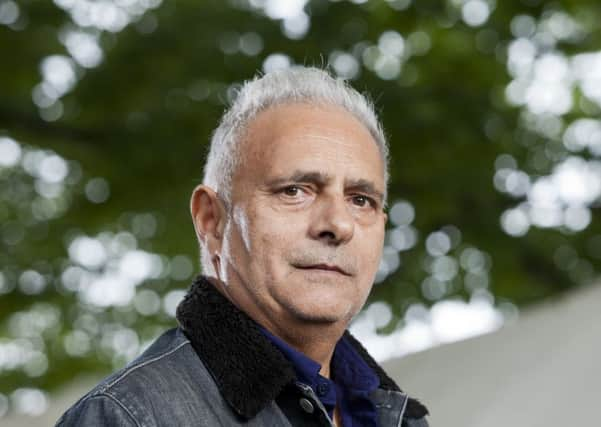A life that's stranger than fiction


Don Roberto, as he was known, was painted by Lavery, sculpted by Epstein, fictionalised by George Bernard Shaw, and listed Hugh MacDiarmid and G K Chesterton among his friends. Although his own writing is largely forgotten now, he was regarded as one of the finest writers of his time. Joseph Conrad, whom he mentored and encouraged, wrote to him: “When I think of you, I feel as if I have lived all my life in a dark hole without seeing or knowing anything.”
Robert left Britain for Argentina at the age of 17, hoping that by cattle ranching he could restore some of the family fortunes lost by his ailing father. Before he returned 10 years later, he had been kidnapped by revolutionaries, driven cattle and horses to Uruguay and Chile, and found a wife, Gabrielle, a half- Chilean, half-French actress and poet (who was later found to be a doctor’s daughter from Yorkshire).
Advertisement
Hide AdAdvertisement
Hide AdIn his 30s, he became an MP for the Liberal Party, elected on a left-wing ticket of nationalisation, an eight-hour working day and free school meals. During his six years in Westminster, which he called “the national gasworks”, he served 30 days in jail for helping to lead a riot for Irish Home Rule. He became a pioneer of the Labour Party along with Keir Hardie, and later chaired the committee which led to the founding of the SNP.
Jauncey said that his interest in Don Roberto was stimulated at the time of the independence referendum in 2014. Despite the obvious appeal of his story, he had always avoided his ancestor, feeling it to be his mother’s territory (she was his literary executor and wrote her own book about him, Gaucho Laird, which was published in 2004 ). Even today, he has no book of his own on the subject, though many of the audience today were itching to buy one.
Back in the realm of fiction, Hanif Kureishi, author of The Buddha of Surburbia and the film My Beautiful Laundrette was at the Book Festival to speak about his latest novel, The Nothing. The protagonist of the book is an elderly film director, and having turned 60 himself, Kureishi was reflecting on age.
“I talk faster as I get older, I have more to say and less time in which to say it,” he quipped. He said that, as he has got older, he had become “free of the engine of ambition”, and that he finds writing “more pleasurable than ever”. He wakes up daily with a head full of ideas, and admits to have been writing busily in his hotel room before coming to the Book Festival.
He was also reflecting on villains, “the only great characters”. “Desdemona is really dull, you can’t wait for her to get strangled, Iago is brilliant. American television has picked up since they gave up on trying to do sympathetic characters. Look at Tony Soprano, or Breaking Bad.” He described how he had become the victim of a conman, a former accountant, who stole a large amount of money from him, but still remained “a sweet guy” whom he’d talk to every day on the phone.
The day began with more distinguished fiction. Lucy Hughes- Hallett talked about her first novel, Peculiar Ground, which is set in the 1600s and in the 20th century, focusing on the same Oxfordshire estate. She appeared along with Michele Roberts, whose new novel, The Walworth Beauty, is set in 1851 and 2011 in the part of South London where she lives.
susan mansfield